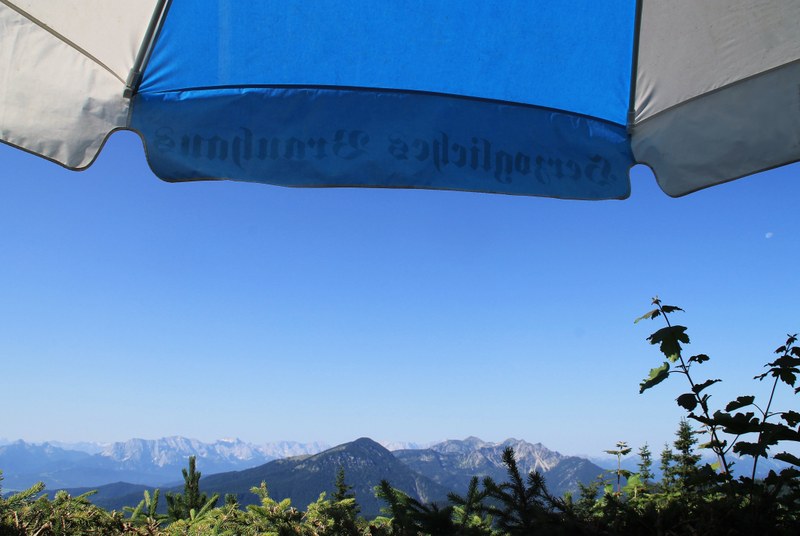Media releases
Living simply - with fewer resources

Sitting around the open fire with three friends in an old mountain hut after a day’s climbing, Katharina Conradin was overcome by a feeling of happiness. From time to time she needs to spend a few days away from civilisation, says Katharina, the Executive Director of Mountain Wilderness Switzerland. Her experience is one possible answer to the question: What do we need for a good life in the Alps? CIPRA, the International Commission for the Protection of the Alps, has gone looking for other answers, too. Some of them can be found in the 2013 Annual Report.
Changing our culture and way of life
The issue of quality of life is especially important for the Alps. With their various habitats at different altitudes, the mountains are rich in natural resources. Biomass, water, wind and sun abound. More use is to be made of them as part of the energy transition to substitute fossil and nuclear sources of energy. This means more pressure on the natural environment and hence more conflict. The tremendous abundance of the Alps is also an opportunity to adopt new approaches, to change our viewpoint, and to sharpen our awareness of what we have.
New perspectives generated by the Alpine Dialogue
CIPRA’s Alpine Dialogue on Energy Transition is intended to help develop new perspectives and solutions. Two dozen committed people from all the countries of the Alps met in Lucerne/CH in October 2013 to consider how the energy transition in the Alps can be based on environmental principles, how they themselves can contribute and what the consequences would be for society and policy-makers. The group included representatives from various fields such as NGOs, local government, environmental consultants and nature protection organisations, who act as multipliers in their various countries, disciplines and networks.
With such cross-border and interdisciplinary activities, CIPRA has been working for sustainable development in the Alps for many years now. Its contribution to awareness building is greatly appreciated by people in all walks of life. “CIPRA is a bridge,” says Marija Imperl, Director of the Radeče Regional Development Agency in Slovenia, during a field trip on the subject of sustainable construction and renovation in Liechtenstein and Vorarlberg. Jože Prah, a forester from Sevnica who works at the Slovenia Forestry Office, puts it like this: “CIPRA has many young experts – not in terms of age but in terms of their fresh and innovative ideas. And they know how to put them across.”
CIPRA’s new on-line look
CIPRA’s new website is packed with facts, figures, news and views and goes on-line in April 2014. In addition to a convenient overview of the latest events and developments, www.cipra.org offers filter-based access to lots of useful information on general and specialised Alpine topics. All content is thoroughly researched and available free of charge.
The Annual Report can be downloaded from www.cipra.org/annual-reports.
This media release and accompanying press photos can be downloaded from: www.cipra.org/en/press/press-releases.
For all enquiries please contact:
Claire Simon, Director CIPRA International +423 237 53 53 eMail
Barbara Wülser, PR Manager CIPRA International +423 237 53 11 eMail
| Type | Title |
|---|---|

|
CIPRA pressrelease - annual report 2013 |

